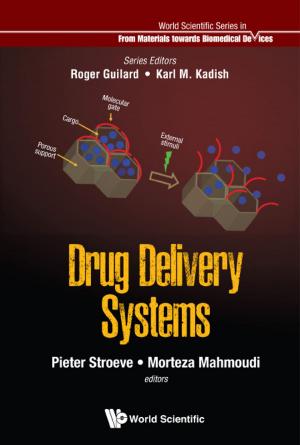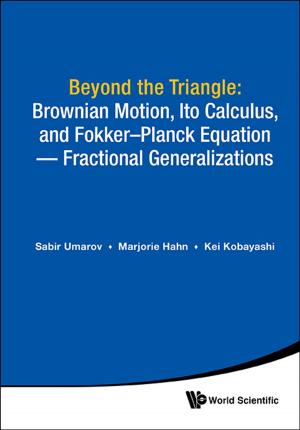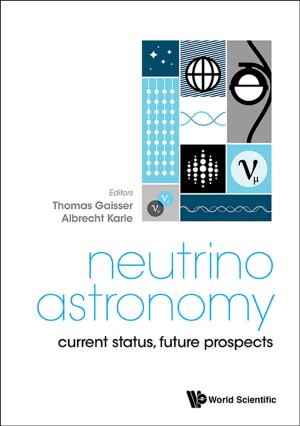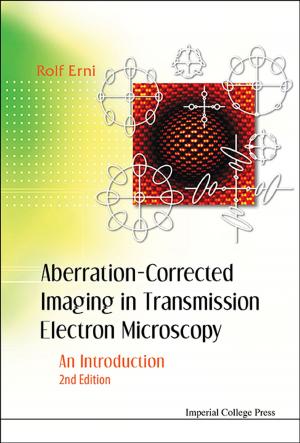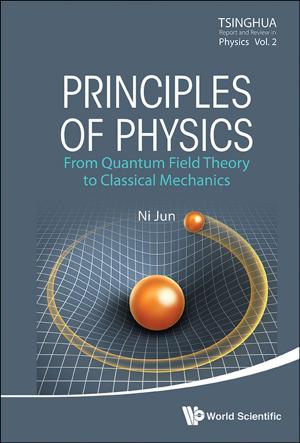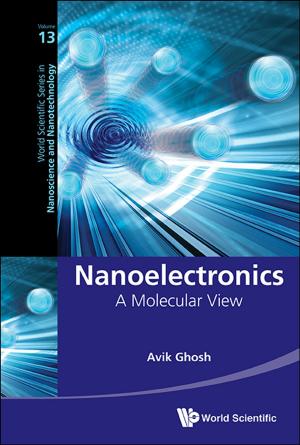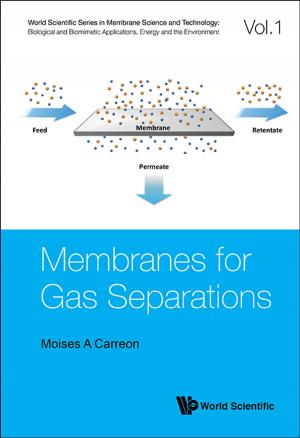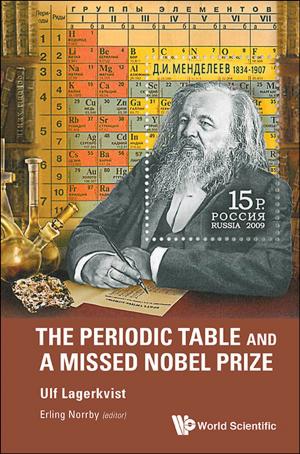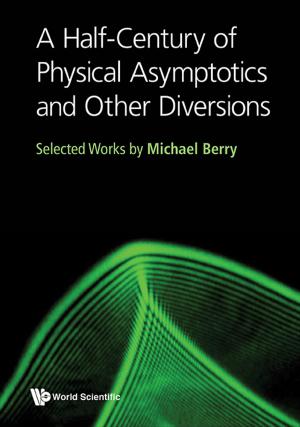Foundations in Applied Nuclear Engineering Analysis
Nonfiction, Science & Nature, Technology, Nuclear Energy, Science, Physics, Nuclear Physics| Author: | Glenn E Sjoden | ISBN: | 9789814630955 |
| Publisher: | World Scientific Publishing Company | Publication: | January 13, 2015 |
| Imprint: | WSPC | Language: | English |
| Author: | Glenn E Sjoden |
| ISBN: | 9789814630955 |
| Publisher: | World Scientific Publishing Company |
| Publication: | January 13, 2015 |
| Imprint: | WSPC |
| Language: | English |
Foundations in Applied Nuclear Engineering Analysis (2nd Edition) covers a fast-paced one semester course to address concepts of modeling in mathematics, engineering analysis, and computational problem solving needed in subjects such as radiation interactions, heat transfer, reactor physics, radiation transport, numerical modeling, etc., for success in a nuclear engineering/medical physics curriculum. While certain topics are covered tangentially, others are covered in depth to target on the appropriate amalgam of topics for success in navigating nuclear-related disciplines. Software examples and programming are used throughout the book, since computational capabilities are essential for new engineers.
The book contains a array of topics that cover the essential subjects expected for students to successfully navigate into nuclear-related disciplines. The text assumes that students have familiarity with undergraduate mathematics and physics, and are ready to apply those skills to problems in nuclear engineering. Applications and problem sets are directed toward problems in nuclear science. Software examples using Mathematica software are used in the text.
This text was developed as part of a very applied course in mathematical physics methods for nuclear engineers. The course in Nuclear Engineering Analysis that follows this text began at the University of Florida; the 2nd edition was released while at the Georgia Institute of Technology.
Contents:
- Nuclear Engineering Analysis
- Essentials of Probability
- Introduction to Numerical Concepts and Applications
- Fundamentals of Complex Numbers
- Methods for Solving Ordinary Differential Equations
- Applications of Power Series
- Methods of Solving DEs with Variable Coefficients
- Vectors, Matrices, and Linear Systems
- Gram–Schmidt Orthogonalization and Fourier Series
- Applied Solution Methods — Part 1
- Applied Solution Methods — Part 2: PDEs and Heat Transfer
- Applied Solution Methods — Part 3: Neutronics
- Numerical Solution of Partial Differential Equations
Readership: Students of Nuclear Engineering; advanced undergraduate students familiar with undergraduate mathematics and physics.
Key Features:
- New in this edition are expanded fundamentals of nuclear physics principles, essential elements of parallel programming, more coverage of basic probability principles and distributions, limits of detection, expanded presentations of applications highlighting real world examples in nuclear science and medical physics, including counting, detection, mixing, criticality safety, flow induced vibration, anisotropic Legendre moments for cross sections, and introductory transport theory and diffusion theory with numerics
Foundations in Applied Nuclear Engineering Analysis (2nd Edition) covers a fast-paced one semester course to address concepts of modeling in mathematics, engineering analysis, and computational problem solving needed in subjects such as radiation interactions, heat transfer, reactor physics, radiation transport, numerical modeling, etc., for success in a nuclear engineering/medical physics curriculum. While certain topics are covered tangentially, others are covered in depth to target on the appropriate amalgam of topics for success in navigating nuclear-related disciplines. Software examples and programming are used throughout the book, since computational capabilities are essential for new engineers.
The book contains a array of topics that cover the essential subjects expected for students to successfully navigate into nuclear-related disciplines. The text assumes that students have familiarity with undergraduate mathematics and physics, and are ready to apply those skills to problems in nuclear engineering. Applications and problem sets are directed toward problems in nuclear science. Software examples using Mathematica software are used in the text.
This text was developed as part of a very applied course in mathematical physics methods for nuclear engineers. The course in Nuclear Engineering Analysis that follows this text began at the University of Florida; the 2nd edition was released while at the Georgia Institute of Technology.
Contents:
- Nuclear Engineering Analysis
- Essentials of Probability
- Introduction to Numerical Concepts and Applications
- Fundamentals of Complex Numbers
- Methods for Solving Ordinary Differential Equations
- Applications of Power Series
- Methods of Solving DEs with Variable Coefficients
- Vectors, Matrices, and Linear Systems
- Gram–Schmidt Orthogonalization and Fourier Series
- Applied Solution Methods — Part 1
- Applied Solution Methods — Part 2: PDEs and Heat Transfer
- Applied Solution Methods — Part 3: Neutronics
- Numerical Solution of Partial Differential Equations
Readership: Students of Nuclear Engineering; advanced undergraduate students familiar with undergraduate mathematics and physics.
Key Features:
- New in this edition are expanded fundamentals of nuclear physics principles, essential elements of parallel programming, more coverage of basic probability principles and distributions, limits of detection, expanded presentations of applications highlighting real world examples in nuclear science and medical physics, including counting, detection, mixing, criticality safety, flow induced vibration, anisotropic Legendre moments for cross sections, and introductory transport theory and diffusion theory with numerics

